
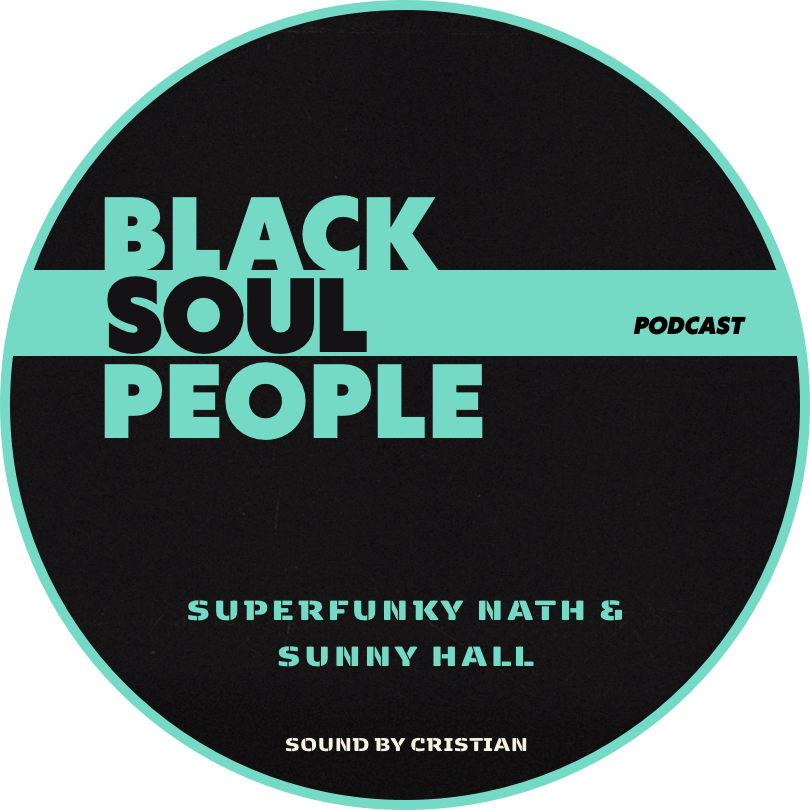
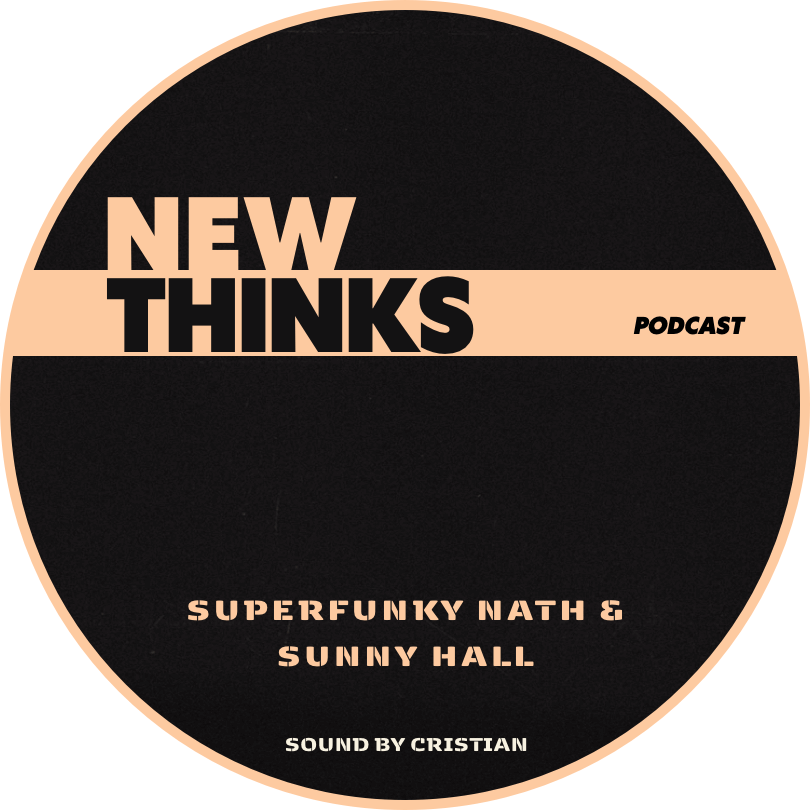
To built upon the concept of solidarity, we should gain understanding of the problems at the core of our communities.
Firstly, we need to go back to our past, back to our history.
That’s where our historical trauma was created starting from colonial times, when we were commodities, servile beings.
That’s when the imposition of our oppressed condition, became bigger than our existence.
From this point as we needed to survive, we have been repeating generation after generation the same pattern of conduct which is now part of our collective subconscious. Without realizing we were suffering an evolutive mutation forced by traumatization. This psychological wounding was bred in the bones, rewriting our genes in an attempt to adapt psychologically and physically.
Nowadays, nobody questions our survival or where we came from.
The majority has forgotten or want to forget what we have left behind, they want to avoid the issue called transgenerational trauma or epigenetic inheritance. We believe that what we know today is the absolute truth.

To build upon solidarity in our Afro-Caribbean context, we should start from the very beginning. We have to comprehend why we think the way we do, the roots and the reasons behind the patterns.
In order to survive we had to separate ourselves from our emotions, from our upheaval fate, from who we were before cruelty. The only way to stay alive was to acquire exceptional strength, to evolve into superhumans, which in turns became the essence of our resilience.
«Resist in silence»
These extraordinary measures have changed who we are and we are still acting in a similar fashion as if the stimulus of the plantation remained alive today.
Only it is in our mind, in the self-image we have constructed, in the nature of our interpersonal relationships, in the makeup of our societies.
Coping in the face of adversity has mutated into tradition, allowing no weakness, showing no mercy to our vulnerabilities as humans. In time the collective perpetuation has become the norm, the actual mentality; has evolved into a social and cultural trait.

At the beginning we were solely humans, it was just about living our existence…
Then we stopped being Africans.
And we became totally submerged in Whiteness.
Whitewashed to exist.

We gave in, accepting the violence the plantation planted in us.
Reproducing among ourselves the same role play, we were submitted to by our immediate environment; forgetting completely our African roots, social organization and family values.
In an attempt as human beings to make sense, interpret or model the world we experienced. A world where our human nature couldn’t assume its fate as the victim, the oppressed, the defeated.
We internalized what we had suffered, establishing a new social order, replicating the domination in our power relations, assuming as our own the naturalization of symbolic violence.
Socially constructed violence also determines the limits within which, it is possible to perceive and think while conserving thought patterns, attitudes, behaviors built on racial hate and caste; on the lack of a firm ethnic cultural identity. Founded on the survival of the fittest by any means necessary, the endless competition and betrayal with one another, the vertical paradigm which dictates constant aggressiveness, to attack first not to be defeated; not expecting anything better from our fellow creatures.
Standing on the hostile opposition between men and women, structured on resentment and abandonment, lack of affection, of trust and support, on domestic violence, sexual manipulation and domination.
The walls between each other were planted a long time ago, we are the ones keeping them relevant and rose today.
Most of our stereotyped characters have been artificially created and became stigmas, we decided to believe them as if they only existed in our specific nature and communities. As if we were willing to accept the predicament of otherness…
«It is impossible to talk about the single story without talking about power.
Power is the ability not just to tell the story of another person, but to make it the definitive story of that person.
The single story creates stereotypes, and the problem with stereotypes is not that they are untrue, but that they are incomplete. They make one story become the only story.
The consequence of the single story is this :
it robs people of dignity, it makes our recognition of our equal humanity difficult. It emphasizes how we are different rather than how we are similar.»-Chimamanda Ngozi Adichie-
The complexity of the Black woman’s psyche has emerged to overcome her racialized condition, to assume the hardship of her existence and specific oppression.
From early childhood the historical pattern is redeemed, the only way forward is to be unbreakable, to be able to outlive anything; vulnerability to pain or psychological distress is not easily tolerated or expressed.
As women we are caught in between what has become a fierce conviction in our families and communities and what the world still makes of our bodies, just about a human byproduct with some commercial value to exploit…
The angry Black woman syndrome, the indestructible Black mama and Jezebel archetypes, have become torture and agony for Black women.
There is no room for other representations, to explore deeper into the essence of their femininity…
The inevitable strong Black woman syndrome which is an universal one in our world Diasporas, is an underlying reality nobody wants to acknowledge for her and the all of the community.
As women we are the backbone of the family, we are our past, our present and our future through the lives our bodies and souls have carried.
Our way is the way community are shaped.
We’re carrying the heavy load and in order to face our reality which is surrealist in its intensity and trauma, the conversation needs to be addressed. It needs to be a priority because unhealed issues don’t disappear with time, they are pushed into our children, in our health and it becomes the community.
It becomes one single reality for all…
As marginalized groups we are told not to air our mess for the entertainment of the oppressive majority, to avoid unnecessary humiliation as it would be perceived as victimization. Adding to the fact that we would lose the respect of our elders, who did resist, holding their heads up high and kept silent about it.
Until the day we realise that we are still acting upon something we were forced into, we will not be ready to emancipate ourselves from our past and decide where we want to go.
«If all girls were taught»
The pathway would be, to build upon sisterhood from childhood, it should become part of our education, part of our emotional language, part of our identity.
We need to acknowledge the type of makeup families are made of, redefine the relationship with our mothers, to stop the cycle of internalized alienation.
Mothers are the first reference we have with a nurturing figure to grasp feminine relations. They are our first emotional dictionary to unravel, to observe and emulate.
«We must study how we must be tender with each other, until it grows into an habit. Because what was native was stolen from us :
the love of black women for each other.»-Audre Lorde-
Sisterhood means trust, acknowledgment, support, the creation of a safe haven for ourselves.Treating each other with empathy and kindness in adverse circumstances, when family, men and society don’t teach us self acceptance and love.
It is a political act of resistance, finding a necessary grounding to go out and face the world.It is learning about our incredible nature, our inner soul and beauty, not fighting to fit standards or please everyone else.
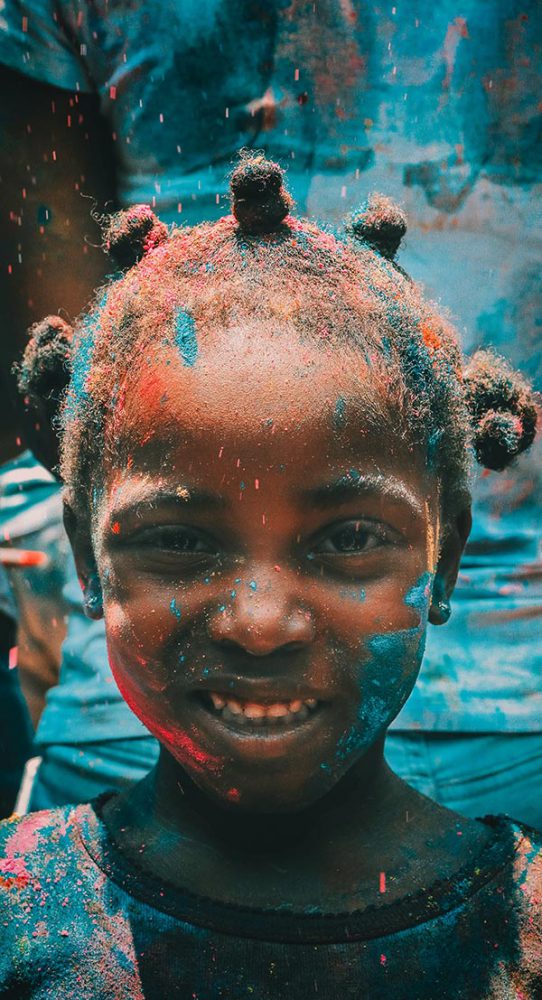

«We must study how we must be tender with each other, until it grows into an habit. Because what was native was stolen from us :
the love of black women for each other.»
-Audre Lorde-

«I’m part of a bigger picture.
Interlining life stories and common destinies.»
Our personal life story needs to be shared getting to know and appreciating each other, our emotional nature has to be the centre and define our women relations.
It is about establishing intimacy, creating familiarity for our similar experiences of the world. Joining hands for moral support and comfort to escape from the burden and isolation of our Black existence.
In the union of our individual realities we can draw an accurate mapping of our common challenges, to study them, design strategies and find the strength to overcome.
It is incredibly transformative to see oneself reflected in others, to express and hear about our collective experience, to gain a common comprehension of our racialized feminine existence.
A new knowledge which is essential to our evolution, to our psychological and emotional healing as well as our physical well being.
A collective desire for emancipation, it is also about an individual search to become, to find liberation from one’s oppressive condition.
«I’m part of a cultural and ethnic group. But I’m not all Black or people of colour.
I am one and only, melanin soul even though I carry inside my ancestors, community and family history.»
Raising awareness on those issues should be for us, women of African descent as essential as the air we breath.
Sisterhood is an unavoidable point, a building block to attain full leadership of our autonomy and femininity.
«It’s our job to challenge and affirm one another.»
This is about liberating our souls and destinies from our alienated behaviours, going back to the beginning.Trusting ourselves with who we were and who we could become tomorrow.
This is about decolonial healing, personal reconstruction, integrative self care for the all of the community, a new path on the way to resilience.
No human beings as social and cultural creatures can survive or thrive on their own being part of a bigger group without coexisting and collaborating.
Let’s be the voices of those who were our past, who are our present and still can’t talk.Let’s become the answer, the solution for our mothers and grandmothers, our sisters, daughters and neighbours; the comfort and security feminine tribes confer, the necessary reflection in the mirror to re-encounter ourselves with our own essence.
«To rise, we need to find our union as one people.»
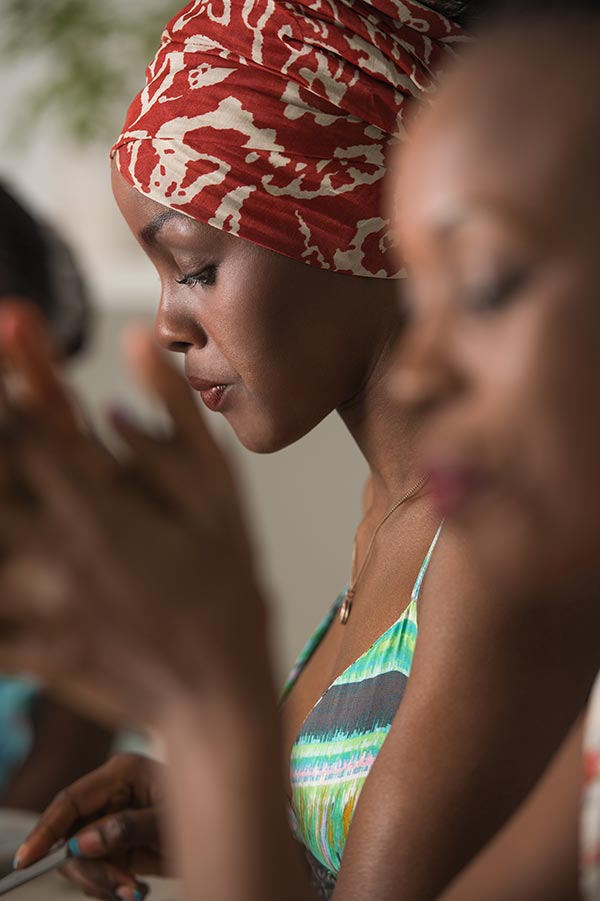

-Ubuntu-
Humanness is found throughout interdependence, collective commitment and service to others.

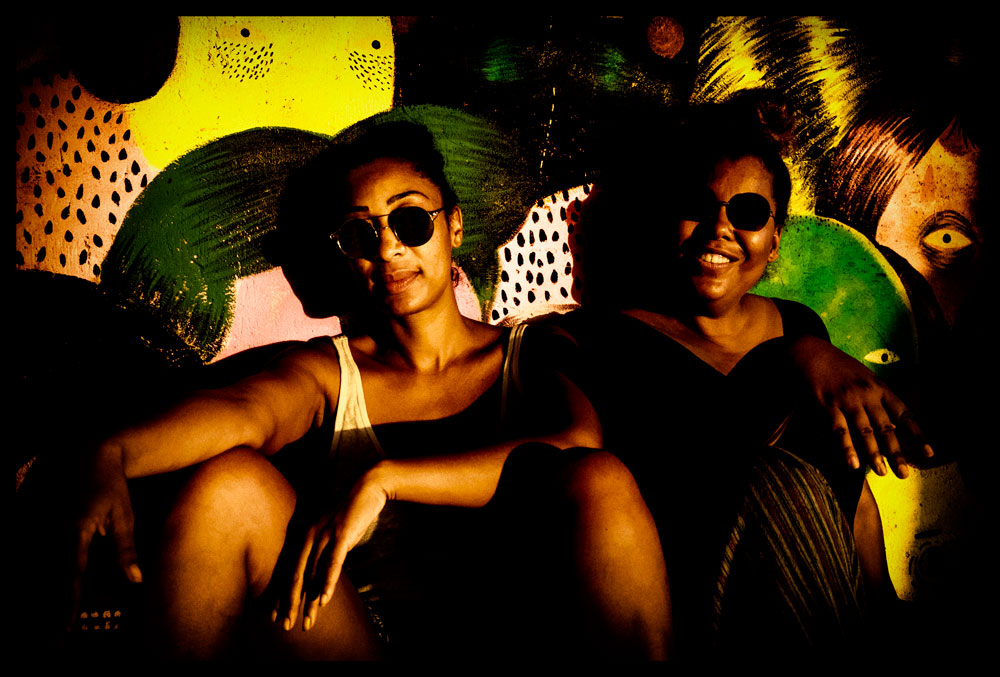
This article has been written from an Afro-Caribbean perspective, with an Afropean vision as well as influences from African and Afro-American culture representations
Further readings and references.
Post Traumatic Slave Syndrome.2005
Dr Joy DeGruy.
Black skin, White Masks.1952
Frantz Fanon.
Soucouyant.2007
David Chariandy.
https://www.ted.com/talks/chimamanda_adichie_the_danger_of_a_single_story/
The Bridge of beyond.1972
Simone Scharwz-Bart.
Blues legacies and Black feminism.1998
Angela Davis.
The Future of Healing: Shifting From Trauma Informed Care to Healing Centered Engagement.
Shawn Ginwright Ph.D. https://medium.com/@ginwright/the-future-of-healing-shifting-from-trauma-informed-care-to-healing-centered-engagement-634f557ce69c